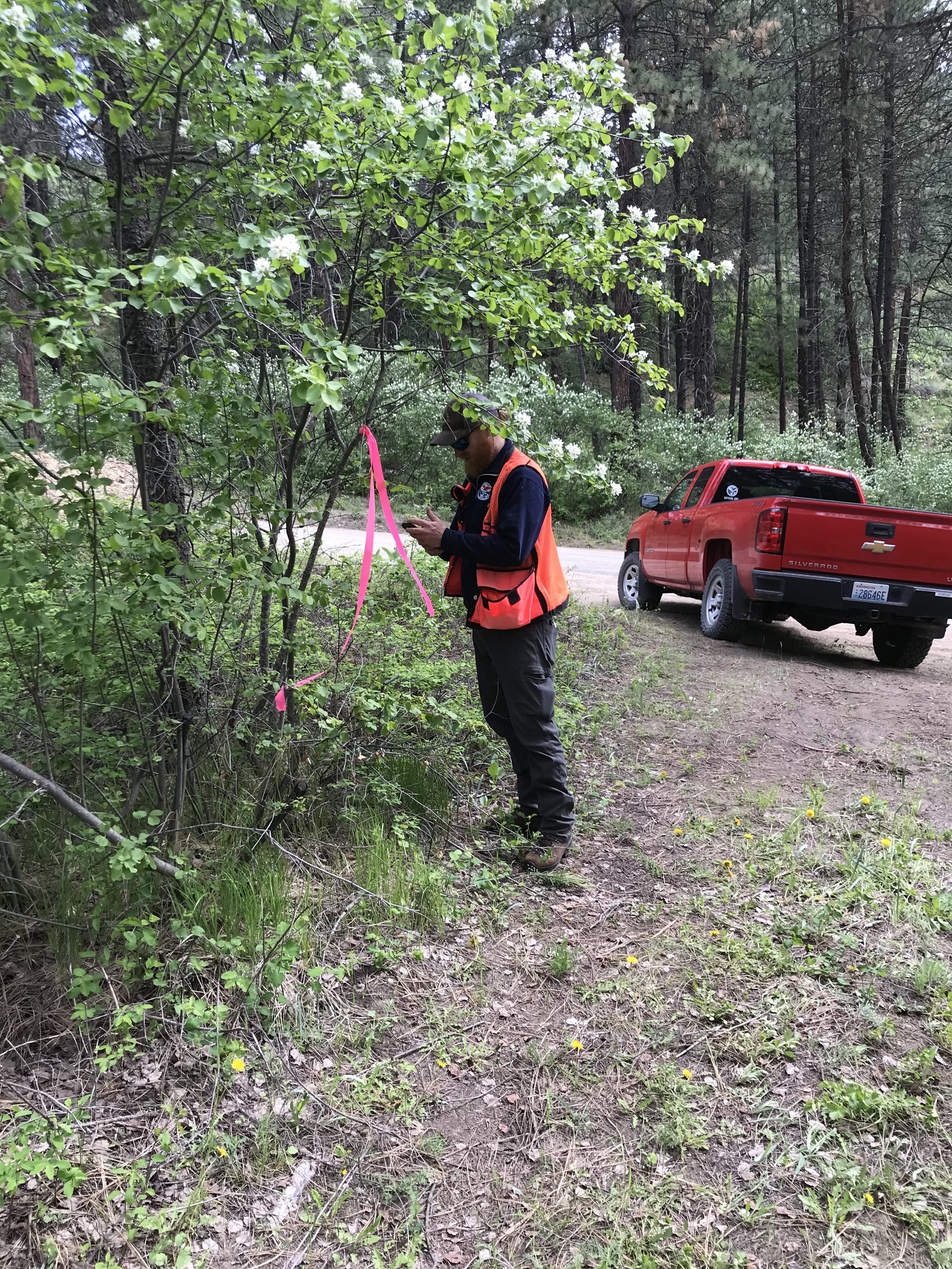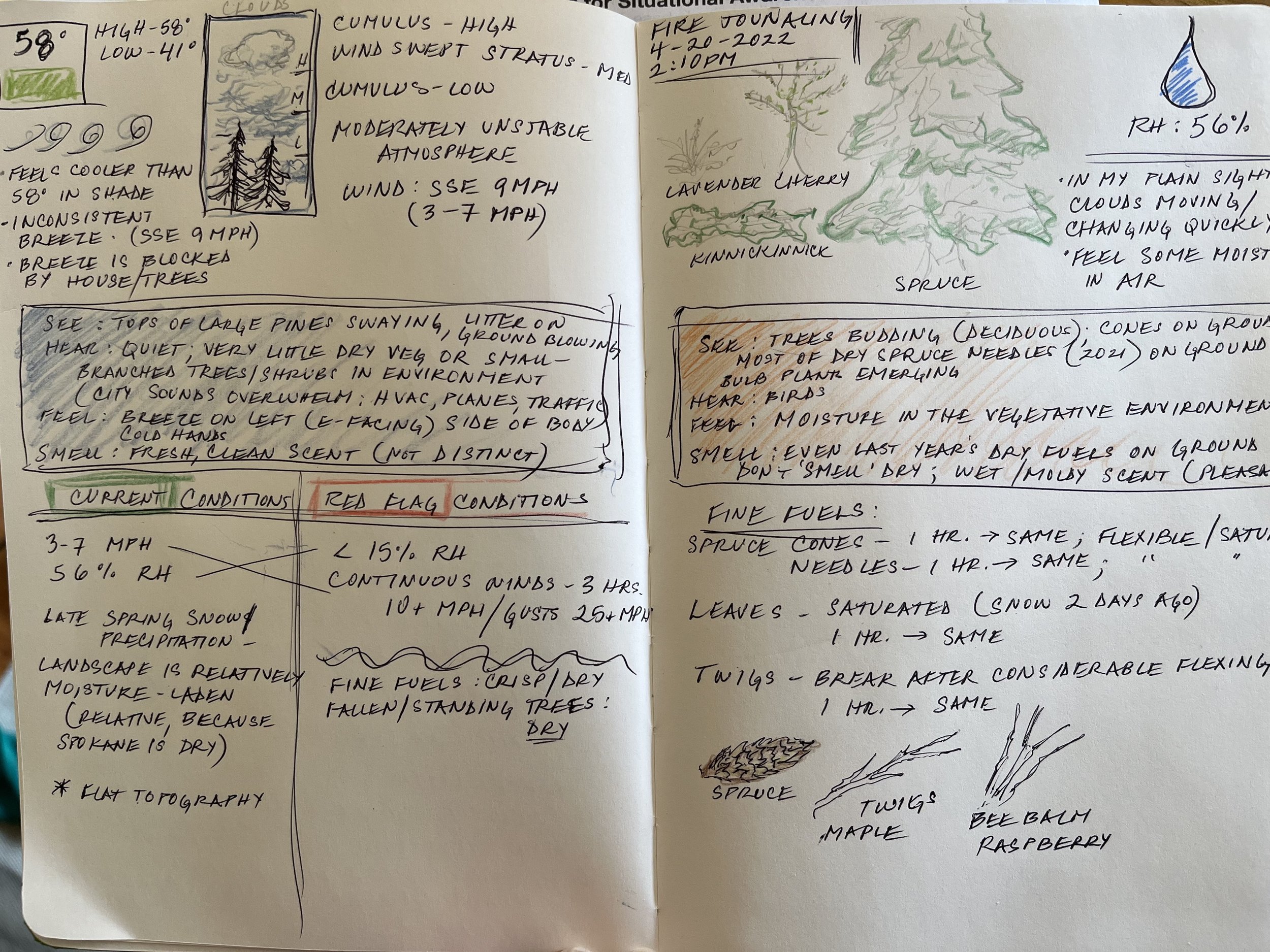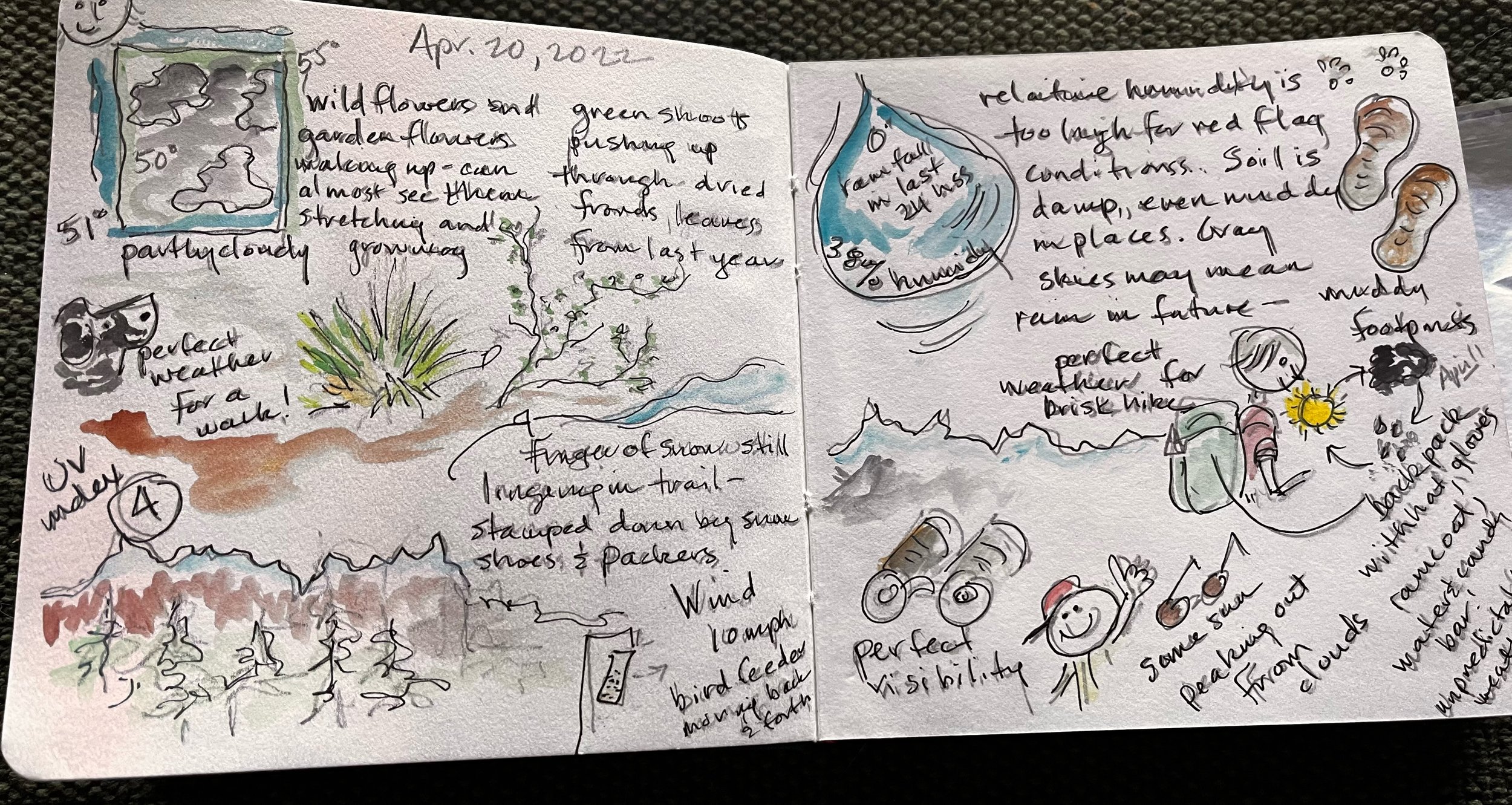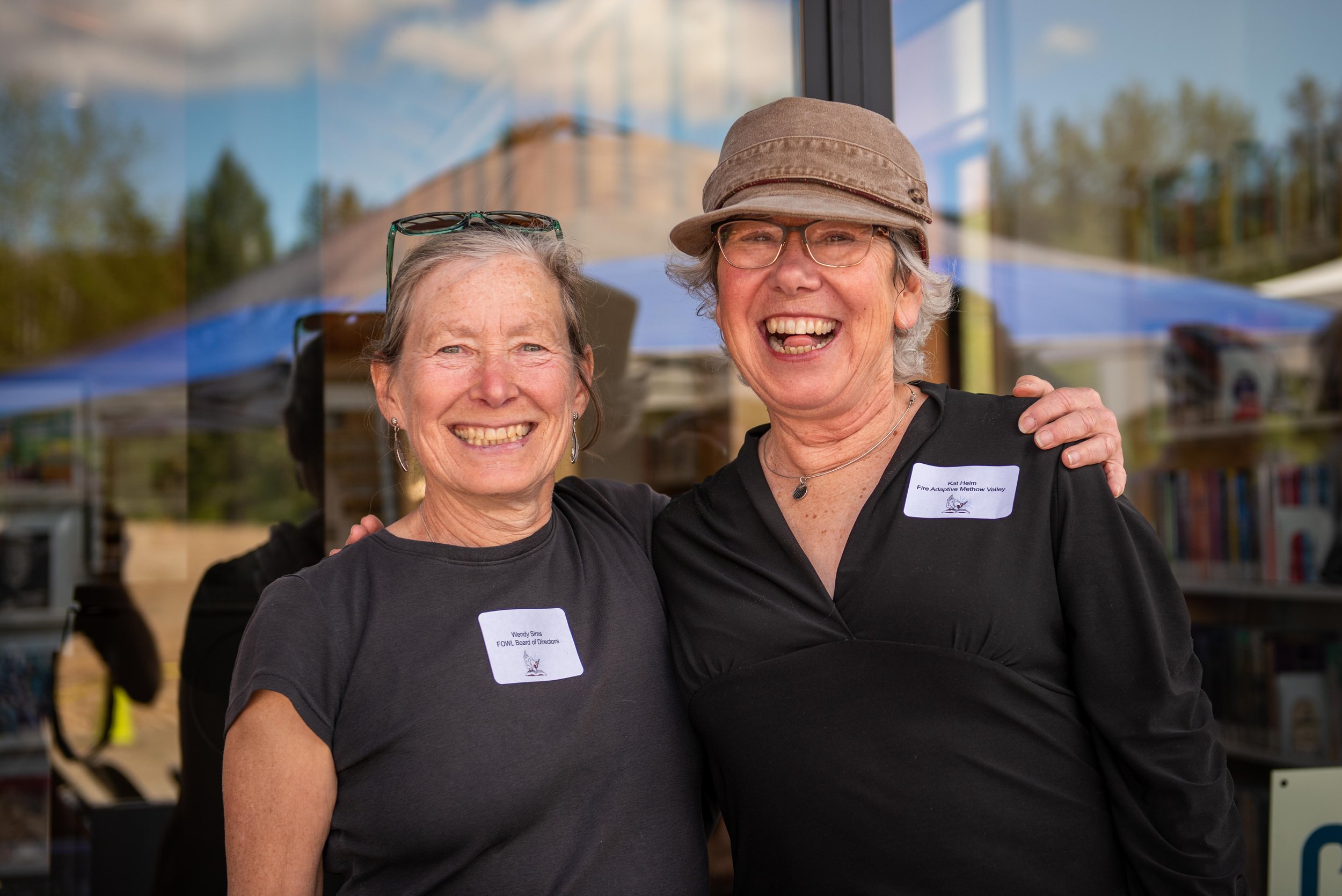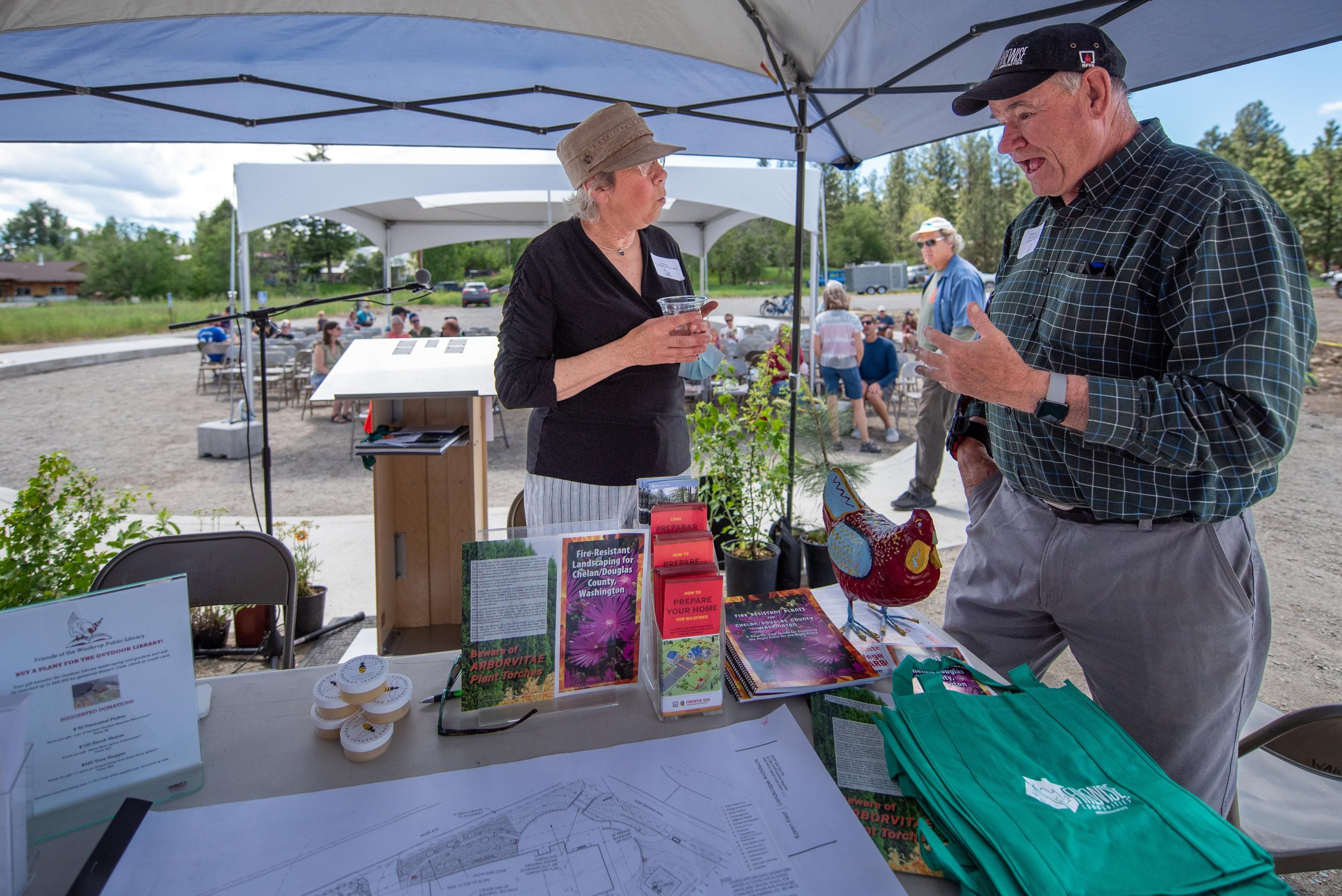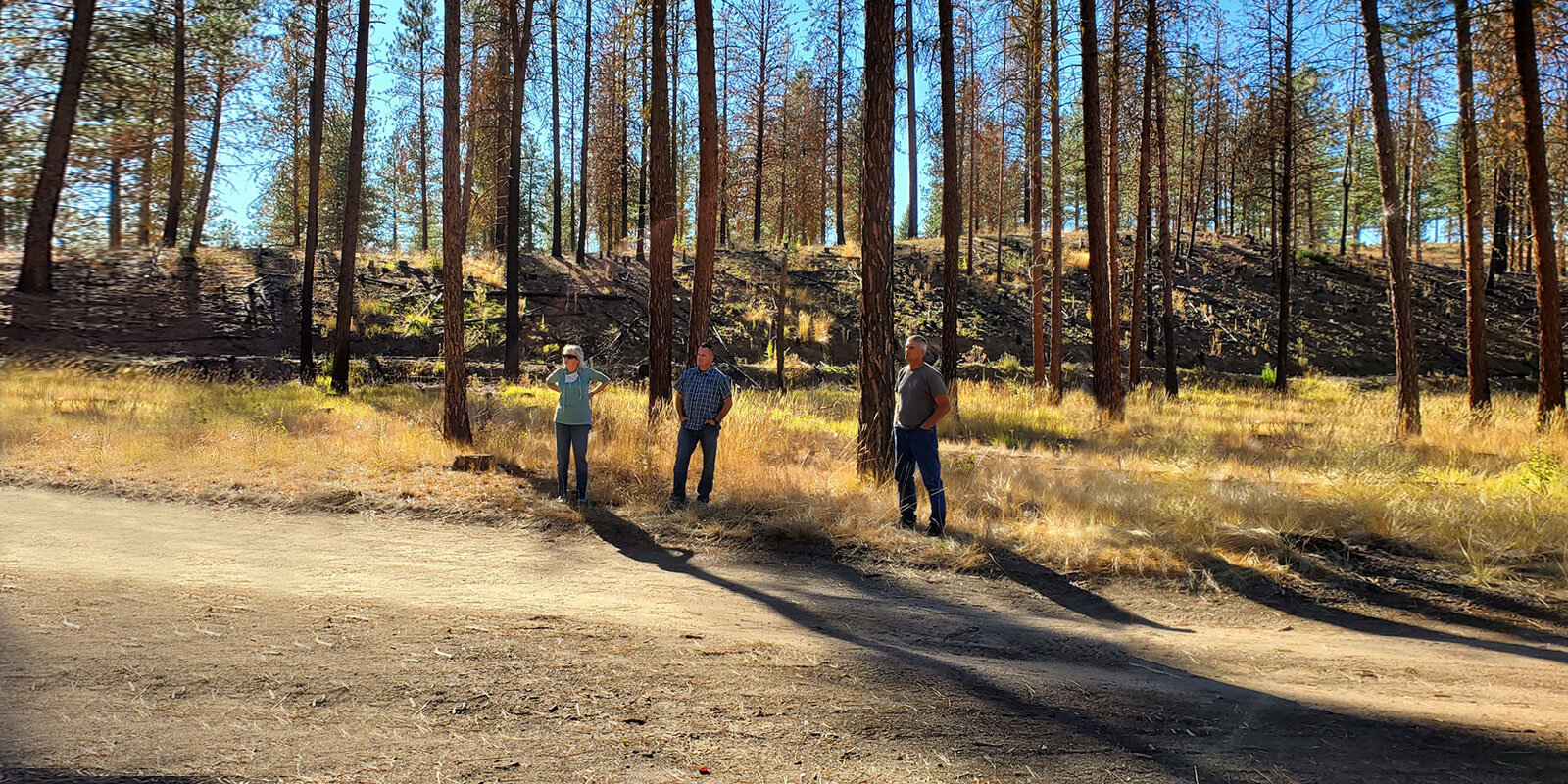
“The first step in developing a helpful program is
listening to community members to learn about
their questions and concerns.”
— Kathryn Heim, Former FAMV Program Coordinator
Fire Adapted Methow (FAM) engages community members through its programs and partnership with other local, statewide and nationwide organizations.
FAM collaborates with neighborhood leaders and other agencies and organizations to develop strategies for living with wildfires. Our work with neighborhood leaders helps them identify their particular risks, concerns, and resource needs. With that information, we design a wildfire mitigation strategy and connect them to resources they’ll need to apply it. Resources include educational materials, connections to natural resource agencies, and opportunities to connect with others working towards a fire adapted landscape.



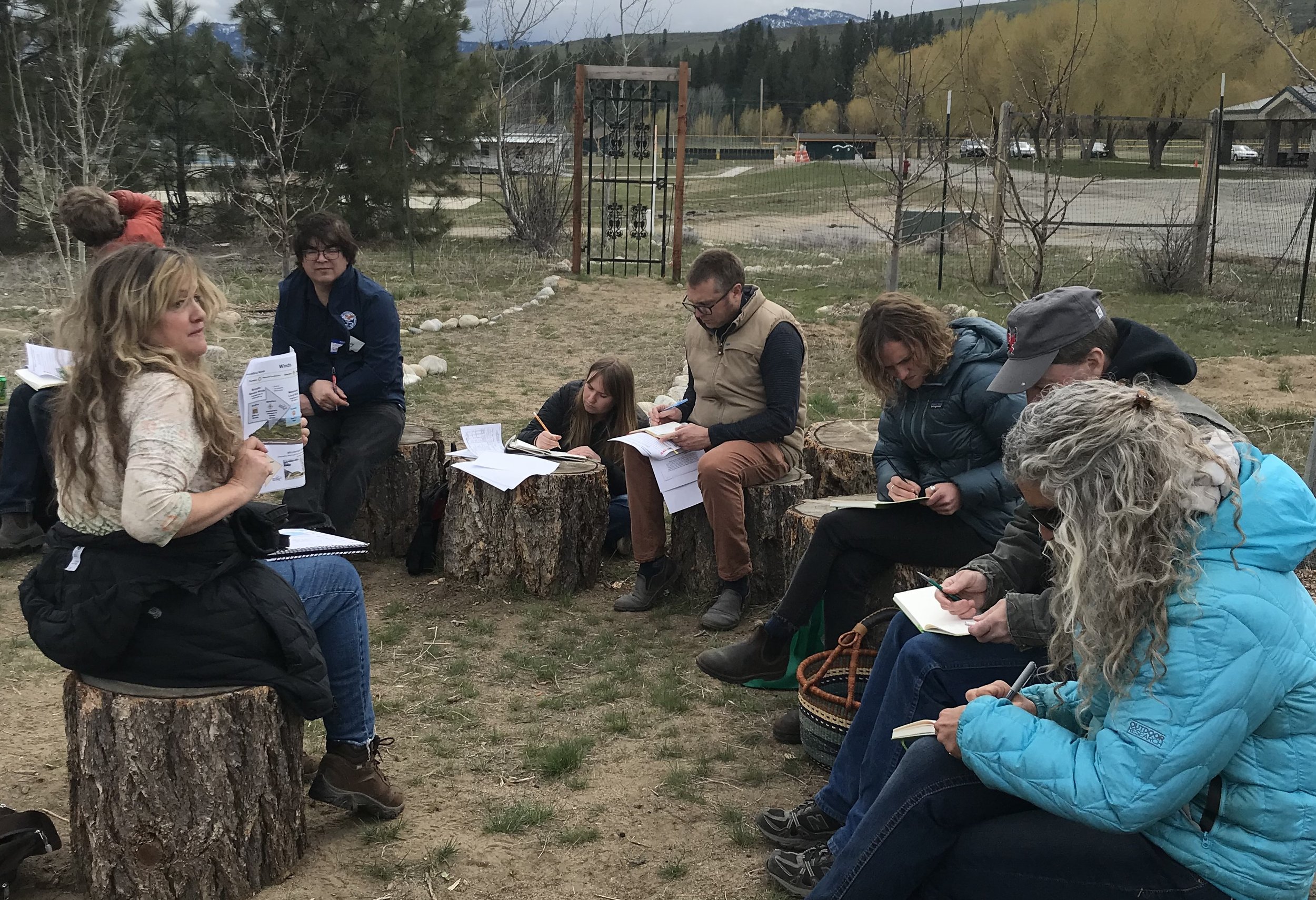
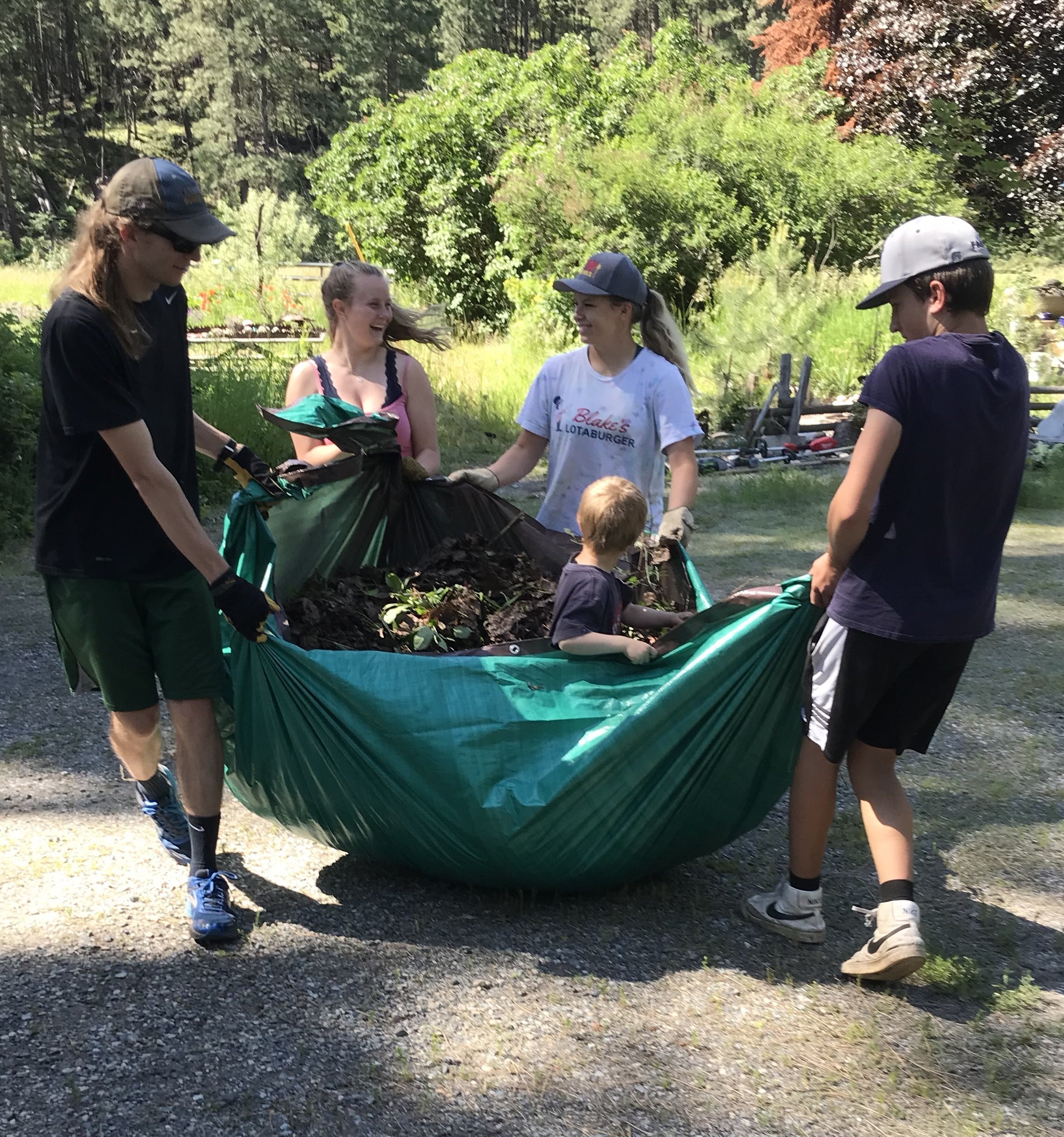
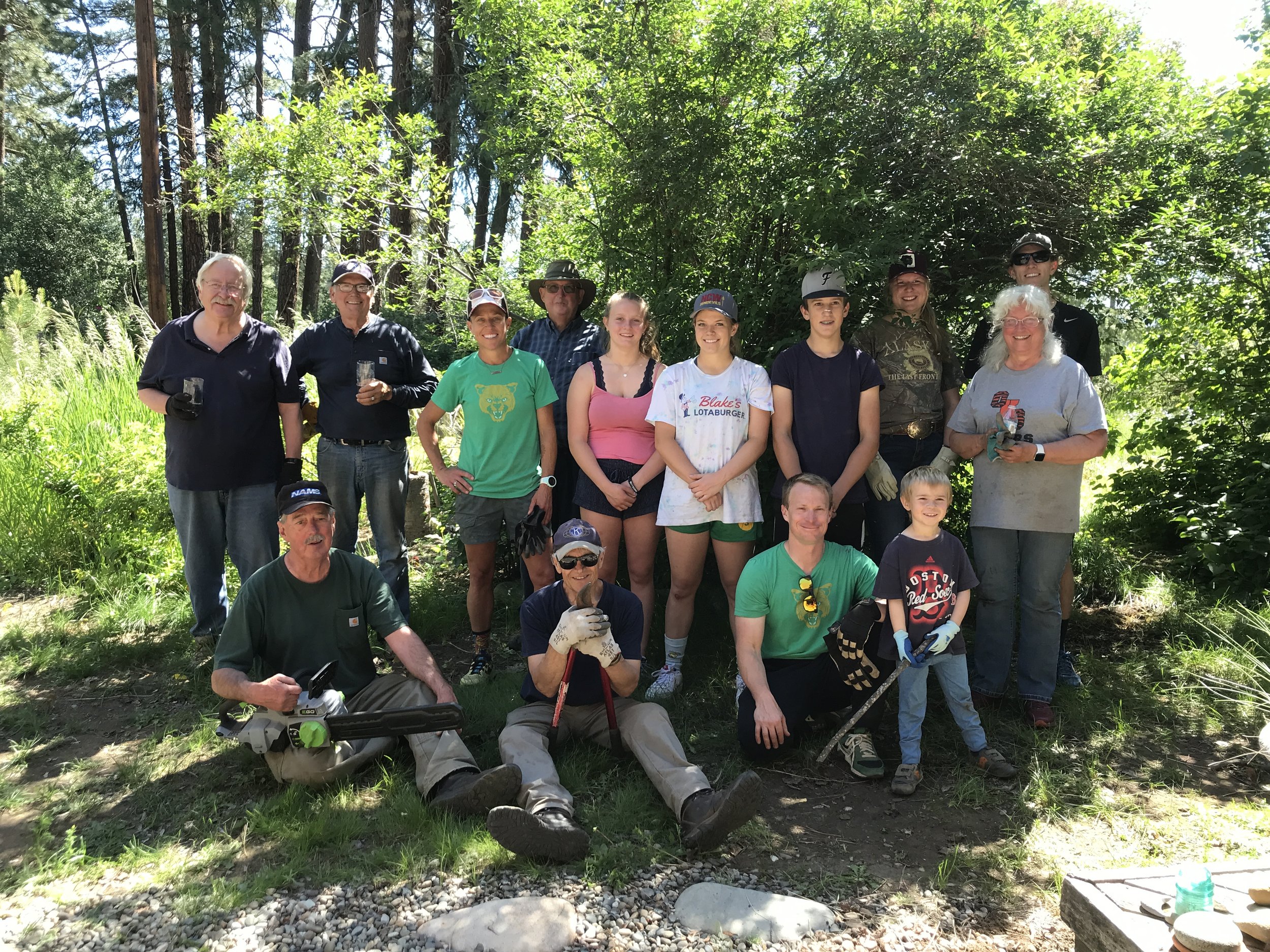
Neighborhood Ambassador Program - Fire adapted communities neighborhood ambassador program, which offers education, guidance, and resources to communities by working with lead volunteers at the neighborhood level to engage and motivate fire adaptation strategies. Some outcomes of the program include:
improved access and egress, home hardening, evacuation preparedness, as well as fuels mitigation projects
enhanced relationships with local fire departments as well as other local partners
building a network of residents who can share experiences and help other residents to take action
building a network of informed supporters who can encourage and support county policy
More information about the Neighborhood Ambassador Approach can be found here: Neighborhood Ambassador Toolkit.
WiRē Research Project - In 2025 Fire Adapted Methow, in partnership with the Wildfire Research Center (WiRē), will undertake a study to better understand how homeowners perceive their wildfire risk, as well as to get a sense of what gaps in education and communication exist within the community. The results of this study will help local organizations and agencies to focus their fire preparedness resources and efforts where they are needed the most.
To learn more about the WiRē Center and the work they do, please visit wildfirereseachcenter.org.
